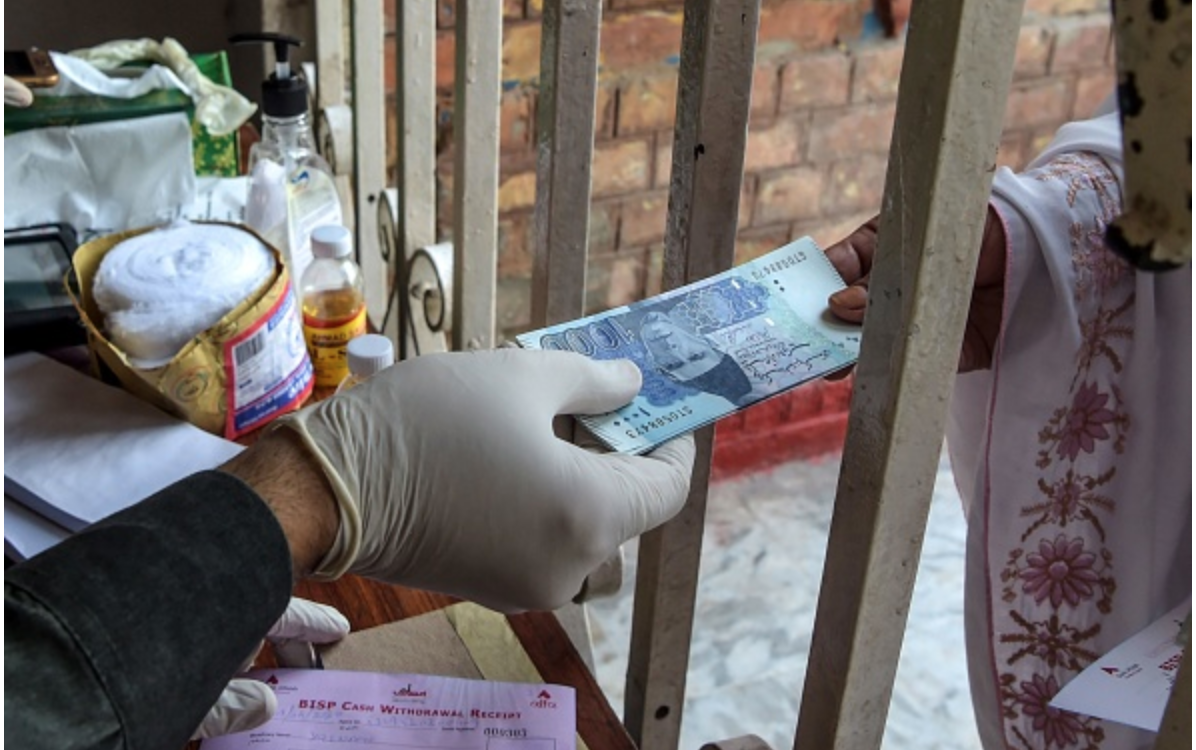
At the October 21 to 23 Financial Action Task Force (FATF) virtual plenary, the financial watchdog decided to keep Pakistan on the “gray list”—Pakistan had successfully complied with 21 points from the 27-point action plan on money laundering and terror financing. The Task Force urged Pakistan to comply with the remaining action points by February 2021. These remaining six points fall under the “partially addressed” category. This is not the first time that Pakistan has been gray-listed by the international watchdog – Pakistan successfully escaped the gray list in 2015 but was again placed on the gray list by FATF in June 2018 due to its structural deficiencies in implementing measures to counter terror financing and money laundering.
The FATF plenary has identified four areas in which Pakistan could address its strategic deficiencies – Pakistan, with the help of Law Enforcement Agencies (LEAs), needs to identify and investigate those involved in terror financing activities; ensure terror financing prosecutions result in sanctions; effectively implement financial sanctions; freeze assets and enforce strict controls over illicit transfers of funds by designated terrorists under United Nations Security Council Resolutions 1267 and 1373 and those acting on their behalf; and improve coordination between provincial and federal governments on enforcing measures against violation of terror financing sanctions.
Pakistan successfully escaped the gray list in 2015 but was again placed on the gray list by FATF in June 2018 due to its structural deficiencies in implementing measures to counter terror financing and money laundering.
Last year, Pakistan narrowly escaped the black list when in October 2019, the FATF plenary concluded that Pakistan needed to keep a strict check on illicit currency transfers and enforce financial sanctions against all designated terrorists and enhance coordination between federal and provincial levels to curb terror financing. Later in September 2020, the Asia Pacific Group (APG)’s first follow-up report concluded that Pakistan had made some progress in addressing the technical compliance deficiencies that were initially identified in October 2019.

Since 2018, Pakistan has shown sustained progress in identifying and taking action against illegal Money or Value Transfer Services (MVTS), passing legislation and applying sanctions against Anti-Money Laundering/Combatting the Financing of Terrorism (AML/CFT) violations, controlling cross border movement of cash, and increasing international cooperation in terror financing cases. Earlier this year Pakistan imposed sanctions on 88 banned outfits and their leaders. In September 2020, the Pakistani parliament passed 3 bills; Anti-Money Laundering (Second Amendment) Bill, Islamabad Capital Territory (ICT) Waqf Properties Bill, and Anti-Terrorism Act (Amendment) Bill 2020, in an attempt to comply with FATF requirements despite reservations from opposition parties. Pakistani officials were quite hopeful that the government’s efforts to control terror financing and money laundering would be enough to remove the country from the gray list. However, despite remaining in the gray list this year, the government is claiming the recent FATF plenary decision a “diplomatic victory” and seems determined to fulfill the remaining action points by February 2021.
However, despite remaining in the gray list this year, the government is claiming the recent FATF plenary decision a “diplomatic victory” and seems determined to fulfill the remaining action points by February 2021.
Pakistan has been given a stringent deadline, considering the on-going pandemic, of four months to fully complete the remaining six action points. The pandemic affected Pakistan’s progress in fulfilling the FATF recommendations as the country’s machinery came to a standstill during the lockdown and most of its resources had to be allocated to fight the pandemic. Fulfilling the remaining points in such a short period is challenging, particularly when it comes to identifying and investigating terror financing activity and crimes which require trained and specialized staff. The country’s gray-listed status adversely affects its economic activity, the inflow of remittances, and foreign investment. Hence, Pakistan needs to come off of the FATF gray list if it wants to attract foreign investment in the country, especially at a time when the country is already going through an economic recession due to the IMF’s austerity measures and the global pandemic.
***
Click here to read this article in Urdu.
Image 1: Guilhem Vellut via Flickr
Image 2: Abdul Majeed/AFP via Getty Images


